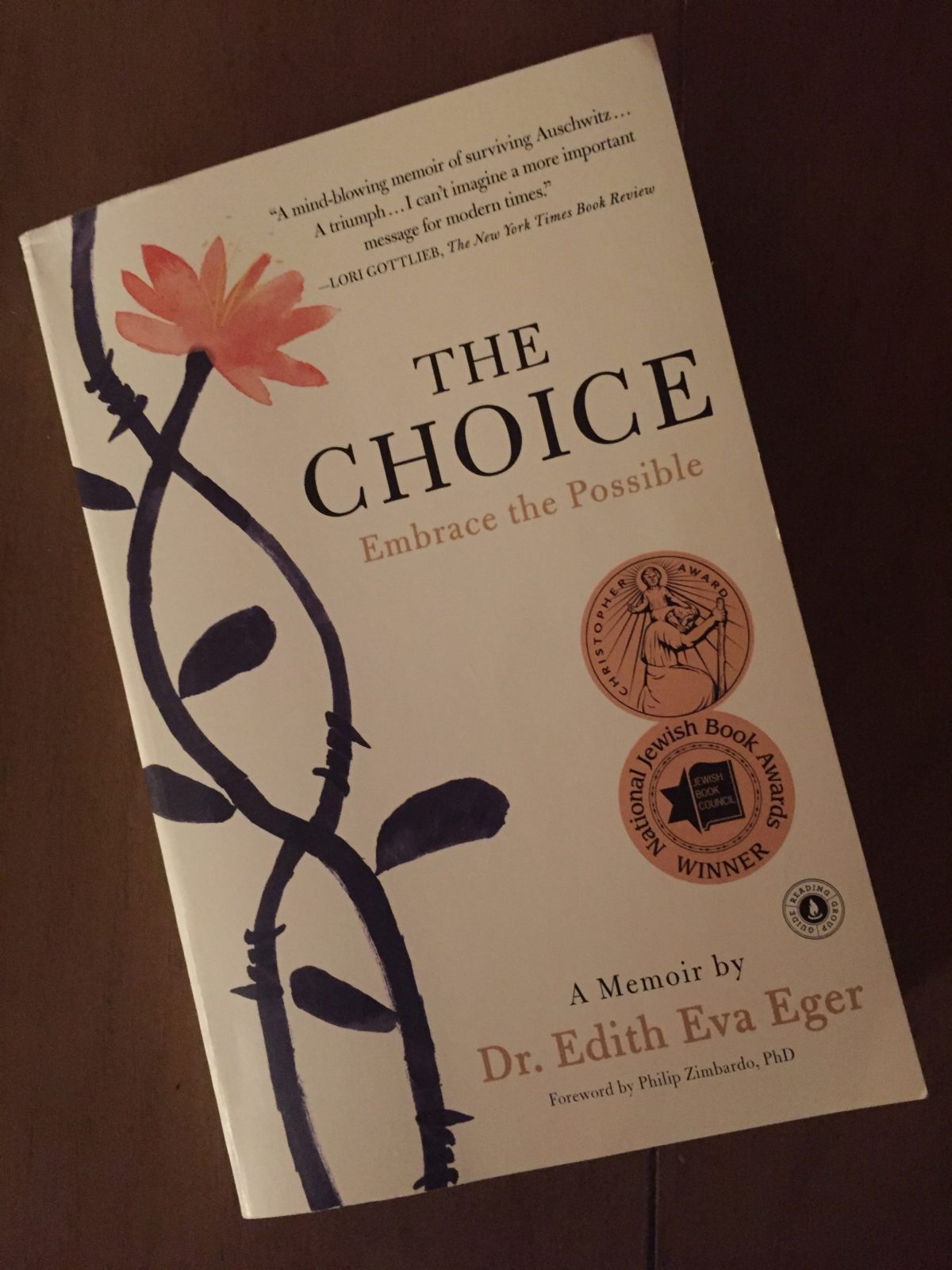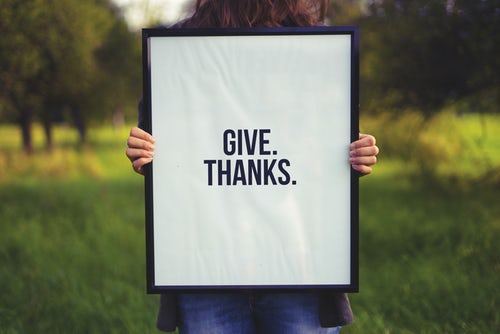Little did I know when I planned this week’s topic that I would find myself in profound need of it!
Last Monday, just as I was walking out the door (literally) to drive to Phoenix to attend a 3-day Critical Incident Stress Management program for first responders and chaplains, I tore the outside meniscus in my right knee. At least that’s what the Physicians Assistant thought I did, although I’m unconvinced that’s the only thing I tore.
Anyway, much pain, an icy pack of corn, and two hours later, I was all crutched and braced up and driving up to Phoenix. I know; I’m a stubborn masochist. But the seminar was wonderful, and it was good to escape the distractions of unfinished work at home and be stimulated by learning (one of my favorite things to do).
The swelling subsided a bit, I did get to the point where I could put some weight on it, and I snagged a front-row chair where I could spread out and prop my leg up on a crutch. Sleeping was a bit more challenging, though, since moving around caused pain.
So I definitely felt the need for prayer! I needed a MRI as fast as they could get approval and schedule it (I had it very late last Friday afternoon), and a doctor’s read of it. (As I write this, I’m still awaiting that.)
So, with my big toe bone spur removal still in recovery mode, and this new injury added to that, my year is shaping up to be much different than the one I envisioned. Thankfully, we hadn’t made any specific plans (which is unusual), and most of my next several months is wide open and free to deal with it all.
But I really want this knee to heal well, so I can return to Spain to walk more of the Camino and visit my aunt and two uncles this summer and maybe do some hiking around Big Bear, Northern California, and Oregon. Those goals will require a delicate dance between my medical providers and me—in treatment, rehabilitation, patient adherence, and my old body’s healing response. I’ll need to be vigilant and rein in my tendency to overdo and push.
And I’ll need to be praying focused prayers, rather than just looking at the entire event pragmatically.
New Year prayers—
You may have already thought of many things you can bring before God in prayer, specifically for this new year; you may have already received specific prayer requests—like the young girl at my former church that was hit by a car after getting of the school bus this past week and is still unconscious; and a dear, older friend in the hospital for heart problems. And another friend’s sister-in-law who fell and hit her head on New Year’s Eve and never regained consciousness. Her husband had to make the decision last Monday to remove life support. Now the family is confronting profound, unexpected grief after the shock.
A lot of things have already gone very, very wrong in this New Year, and, so far, it’s been pretty rough for many people. And you likely feel a burden on your heart to pray for them.
Praying for yourself—
Truly, there is much to pray for.
But what about more general prayers, the ones we should probably be praying all of the time?
These would be personal prayers specifically for us, the ones that draw us closer to God, that delve us into seeking His heart, knowing Him better, being more like Him, preparing ourselves for the tough, ugly parts of life that get slung our way. The tough, ugly events that get slung in the way of friends and others.
Below you’ll find some ideas for self-prayer. I’ve developed them from Gospel for Asia founder K.P. Yohannan’s praying for yourself material. Hopefully some of them will touch your heart.
You could pray for:
- mercy that you may endure, no matter what the year brings your way;
- grace to be an encouragement to others;
- strength to stand for God’s truth and justice in your home, your workplace and the public forum;
- an extra measure of love so you can demonstrate God’s love and give hope to those around you;
- help in seeing and loving people as God sees and loves them;
- help in being an encourager to those despondent in spirit or frightened by the world’s precarious state;
- help with believing in others’ potential;
- help in living with an open heart and hand—in being generous as our Heavenly Father is generous to ALL;
- help in loving others when no one else will;
- help in knowing how to take care of yourself;
- help in extending grace to others, as God has extended His grace to you;
- help in believing in the seemingly impossible;
- help in expecting God to show up and do great things;
- help in deepening your prayer life in order to have a better relationship with the Father;
- help in removing any unbelief or a jaded, cynical spirit;
- help in self-discipline and holy living;
- help with trust that God will meet your every need this year;
- help in being obedient to God’s call and direction in your life;
- help in developing a more thankful, worshipful heart, in all things.
These are just a few ideas. Nineteen of them to be exact. I’m sure you can add to the list.
I invite you to re-write them in prayer form, personalize them, use them as daily devotionals, or focus on the ones you know you really need help with.
NEXT WEEK we’ll explore the impact on your life of praying the Scriptures. And I’ll give you an example of what I’m specifically doing this month in that area.
Until then, don’t neglect to pray for yourself as you pray for others. Your relationship with the Father, and depth of it, depends upon it!
Blessings,
Andrea
“Certainly there was an Eden….We all long for it, and we are constantly glimpsing it.” —J.R.R. Tolkien





